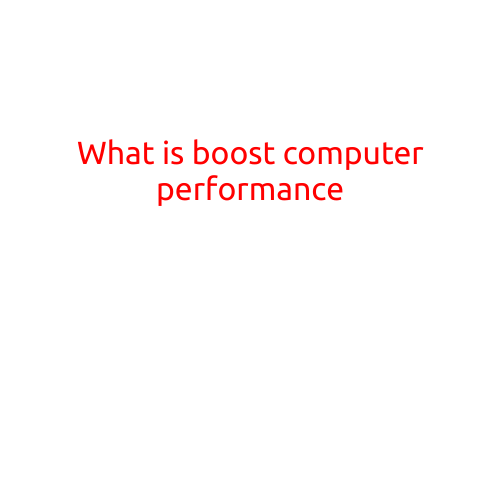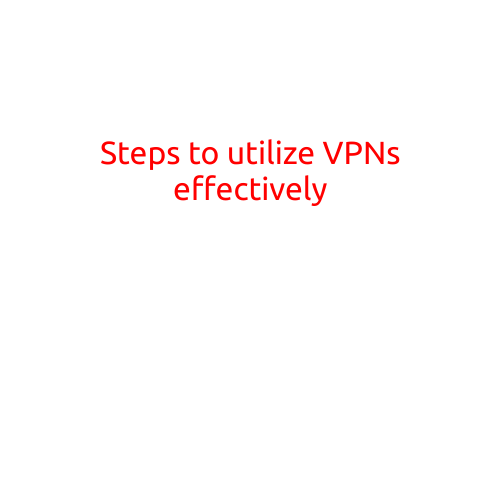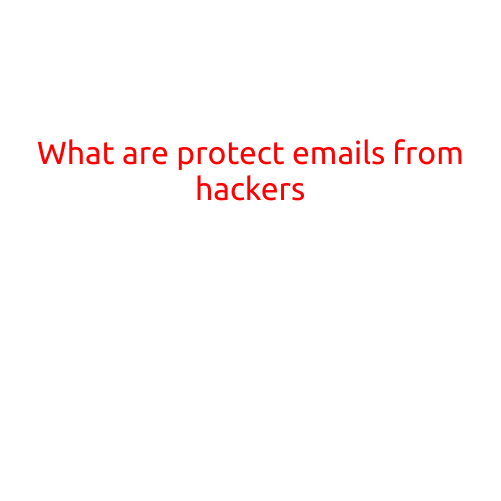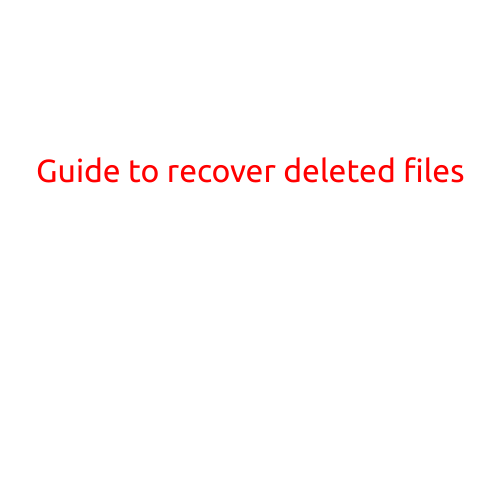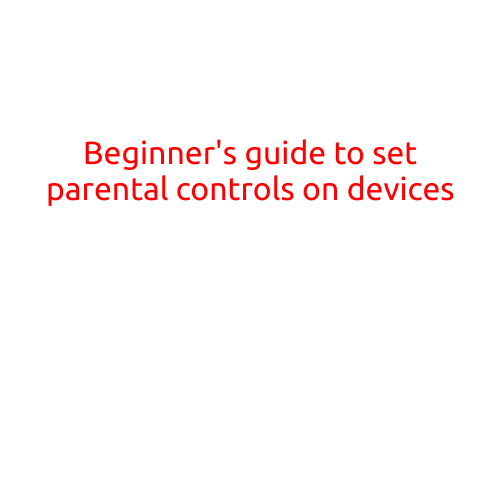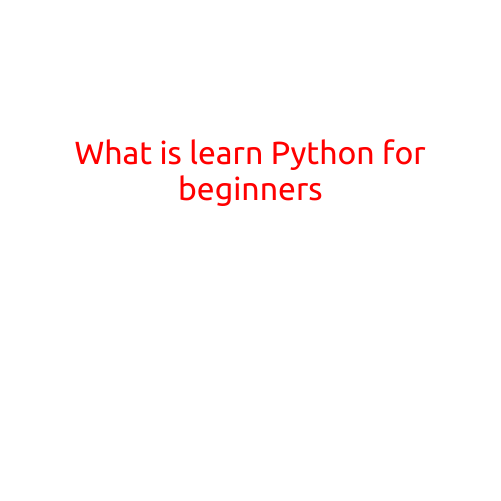
What is Learn Python for Beginners?
Are you interested in learning a new programming language? Look no further than Python! As a beginner, you may be wondering what all the fuss is about. In this article, we’ll explore what Learn Python for Beginners is all about and help you get started with this exciting and versatile language.
What is Python?
Python is a high-level programming language developed in the late 1980s by Guido van Rossum. It was created to be easy to learn, flexible, and open-source, making it a popular choice for beginners and experienced programmers alike. Python is known for its simplicity, readability, and ease of use, which make it an ideal language for students, hobbyists, and professionals.
Why Learn Python?
There are many reasons why learning Python is a great idea:
- Easy to Learn: Python has a simple syntax and is relatively easy to learn, making it a great language for beginners.
- Highly Versatile: Python can be used for a wide range of applications, including web development, data analysis, machine learning, automation, and more.
- In-Demand: Python is a highly sought-after skill in the job market, and knowing Python can open up a wide range of career opportunities.
- Large Community: Python has a vast and active community of developers, which means there are many resources available to help you learn and stay up-to-date.
- Cross-Platform: Python can run on multiple operating systems, including Windows, macOS, and Linux.
What Does Learn Python for Beginners Cover?
When you learn Python for beginners, you’ll typically cover the following topics:
- Basic Syntax: You’ll learn the basic syntax of Python, including variables, data types, operators, control structures, and functions.
- Data Structures: You’ll learn about data structures such as lists, tuples, dictionaries, and sets, and how to use them to manipulate and store data.
- Object-Oriented Programming: You’ll learn about object-oriented programming (OOP) concepts, including classes, objects, inheritance, and polymorphism.
- Libraries and Frameworks: You’ll learn about popular libraries and frameworks such as NumPy, pandas, and Flask, and how to use them to build real-world applications.
- Practice and Projects: You’ll work on practical exercises and projects to help you apply what you’ve learned and develop your skills.
Getting Started with Learn Python for Beginners
If you’re new to programming, here are some steps to get started with Learn Python for Beginners:
- Choose a Resource: Choose a reputable online resource, such as Codecademy, Python.org, or Udemy, to learn Python.
- Install Python: Download and install Python on your computer from the official Python website.
- Start with Basics: Start with the basics of Python, including variables, data types, and control structures.
- Practice and Build Projects: Practice what you’ve learned by working on exercises and building real-world projects.
- Join a Community: Join online communities, such as Reddit’s r/learnpython and r/Python, to connect with other learners and get help when you need it.
Conclusion
Learn Python for Beginners is an exciting and rewarding journey that can open up a wide range of opportunities in the world of programming. With its ease of use, versatility, and large community, Python is the perfect language for beginners. By following the steps outlined in this article, you can get started with Learn Python for Beginners and start building your skills in this exciting language.
